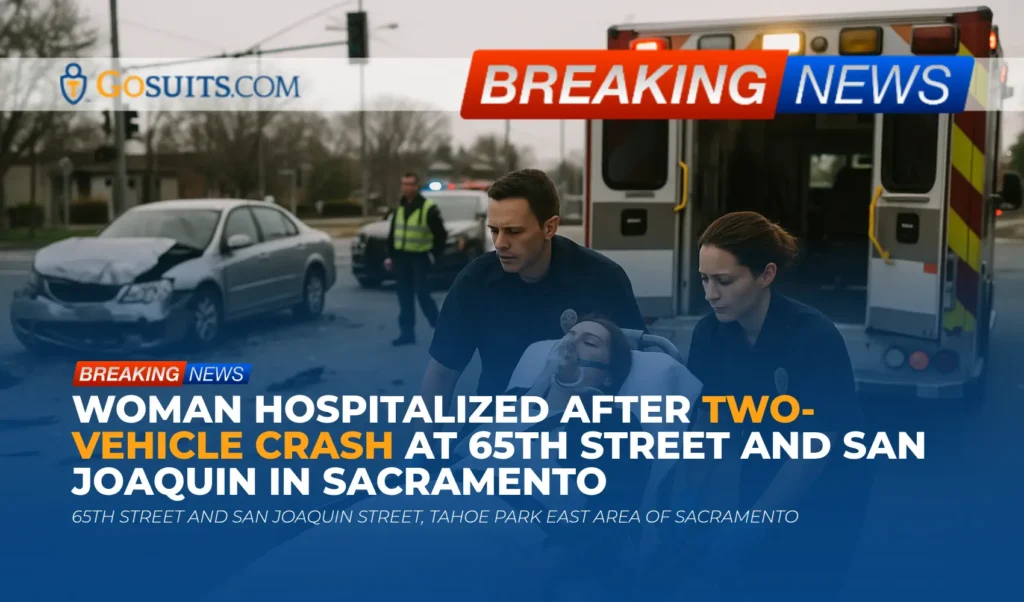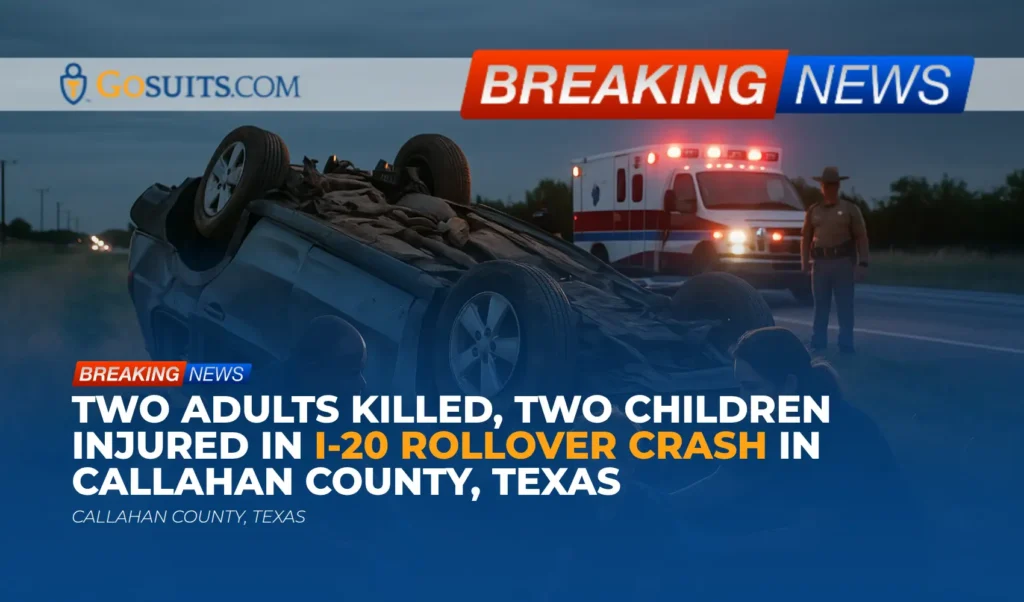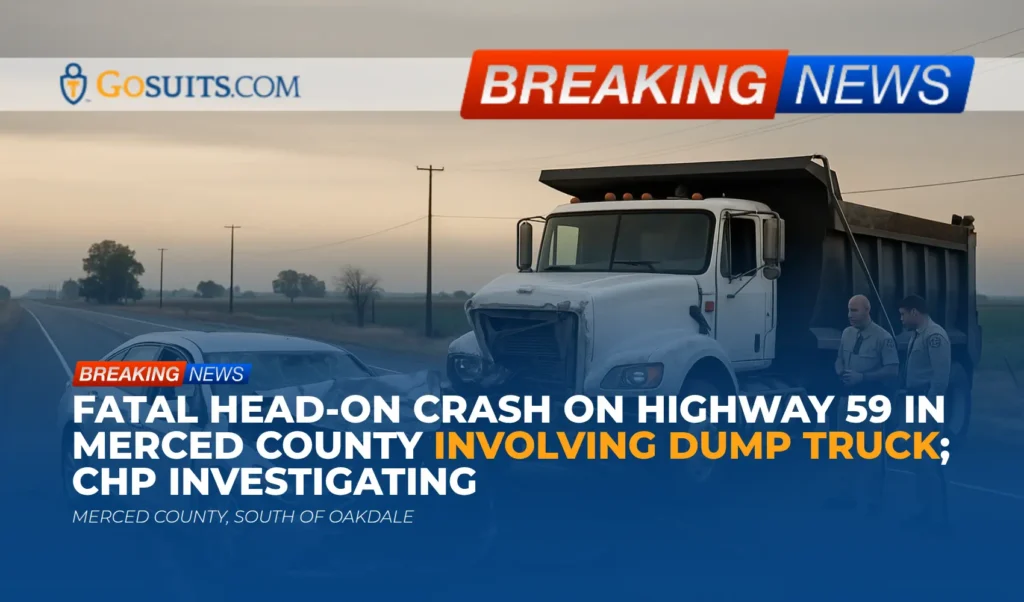A five-year-old boy tragically died on Tuesday night after being struck by a car in his family’s driveway in St. Charles, Illinois. The incident, which occurred in the 4000 block of Royal Fox Drive around 5:10 p.m., has prompted a police investigation and serves as a somber reminder of the dangers present even in familiar environments like residential driveways.
Incident Details
Police and firefighters responded to the scene following the report of the accident. A neighbor was performing CPR on the boy when first responders arrived. The child was transported to Northwestern Medicine Delnor Hospital, where he was pronounced dead. The boy’s name has not been released.
Authorities have identified the driver as an immediate family member who is cooperating with the investigation. The St. Charles Police Department is asking anyone with information about the incident to contact them at 630-377-4435.
Legal Implications of Driveway Accidents
This tragic event highlights the potential dangers present in driveways and the legal considerations that arise when accidents occur in these spaces. While driveways may seem like safe environments, they often become areas of conflict between pedestrian activity and vehicle movement.
Driveway Accidents: A Significant Safety Concern
Driveway accidents, particularly those involving young children, are more common than many people realize. Children are especially vulnerable in these situations due to their small size, unpredictable behavior, and limited understanding of traffic dangers. Several factors contribute to the risk of driveway accidents:
- Blind Spots: Vehicles, especially larger ones like SUVs and trucks, have significant blind spots that can make it difficult for drivers to see small children who are playing or walking nearby.
- Unexpected Movement: Children may dart out into the driveway unexpectedly, giving drivers little time to react.
- Distractions: Drivers may be distracted by cell phones, conversations, or other factors while backing out of or pulling into a driveway.
- Familiarity and Complacency: The familiarity of a home environment can sometimes lead to a lapse in caution. Drivers may become complacent in their own driveways, failing to exercise the same level of vigilance they would on a public road.
- Lack of Separation: Many residential areas lack clear separation between driveways and pedestrian areas, increasing the likelihood of encounters between vehicles and people.
Legal Principles in Driveway Accident Cases
When a driveway accident results in injury or death, determining liability is crucial. Liability refers to the legal responsibility for causing harm. Several legal principles may apply in these cases:
- Negligence: The most common basis for liability in personal injury cases is negligence. Negligence occurs when a person fails to exercise the level of care that a reasonably prudent person would exercise under similar circumstances. In a driveway accident, negligence could involve a driver failing to check their surroundings adequately before moving a vehicle, driving at an unsafe speed in the driveway, or being distracted while driving.
- Duty of Care: Every driver has a duty of care to operate their vehicle safely and avoid causing harm to others. This duty extends to private property, including driveways.
- Premises Liability: In some cases, the property owner may also be liable for a driveway accident. Premises liability law holds property owners responsible for maintaining a safe environment on their property. For example, if overgrown bushes or other obstructions limit visibility in the driveway, the property owner may be liable for contributing to the accident.
- The “Reasonable Person” Standard: In negligence cases, the actions of the driver will be compared to what a “reasonable person” would have done in a similar situation. This standard is used to assess whether the driver exercised the appropriate level of care.
- Comparative Negligence: Illinois follows a modified comparative negligence rule. This means that an injured party can recover damages even if they were partially at fault for the accident, as long as their fault is not more than 50%. However, the amount of damages they can recover will be reduced by their percentage of fault.

Factors in Determining Liability
Several factors may be considered when determining liability in a driveway accident, including:
- Visibility: Was the driver’s vision obstructed by vehicles, landscaping, or other objects?
- Speed: Was the driver operating the vehicle at a safe speed for the conditions?
- Driver Awareness: Did the driver check their surroundings adequately before moving the vehicle?
- Distractions: Was the driver distracted by a cell phone, passengers, or other factors?
- Pedestrian Actions: Did the pedestrian act in a way that contributed to the accident, such as darting out into the driveway unexpectedly?
Wrongful Death Claims
In the tragic event of a fatality, the family of the deceased may have the right to pursue a wrongful death claim. A wrongful death claim is a civil action brought against the individual or entity whose negligent or wrongful actions caused the death. The purpose of a wrongful death claim is to compensate the surviving family members for the losses they have suffered, such as:
- Funeral and Burial Expenses: Costs associated with funeral arrangements and burial services.
- Medical Expenses: Costs associated with medical treatment prior to death.
- Lost Income: The financial support the deceased would have provided to the family.
- Loss of Companionship: Compensation for the loss of the deceased’s love, companionship, and guidance.
- Pain and Suffering: In some jurisdictions, family members may be able to recover damages for their emotional distress and suffering.
Preventing Driveway Accidents
Preventing driveway accidents requires a multi-faceted approach involving drivers, pedestrians, and property owners. Here are some safety measures to consider:
- Drivers:
- Always walk around your vehicle before getting in to check for children or other obstructions.
- Back out slowly and carefully, using your mirrors and backup camera (if equipped).
- Be extra cautious when backing out of a driveway onto a street with pedestrian traffic.
- Avoid distractions while driving, such as cell phones or conversations.
- Supervise children closely when they are playing near driveways.
- Pedestrians:
- Teach children the dangers of playing near driveways.
- Establish designated play areas away from vehicle traffic.
- Make eye contact with drivers before crossing a driveway.
- Property Owners:
- Trim bushes and trees that may obstruct visibility in the driveway.
- Consider installing convex mirrors to improve visibility around corners.
- Ensure adequate lighting in and around the driveway.

Commentary from Gosuits St. Charles, Illinois Personal Injury Attorney
The tragic death of a five-year-old boy in St. Charles is a devastating event that underscores the need for heightened awareness and safety precautions in residential driveways. From a legal perspective, this case will likely involve a thorough investigation to determine the circumstances of the accident and whether negligence played a role.
While the driver was a family member and is cooperating with authorities, the legal principles of negligence and duty of care still apply. The family is navigating an unimaginable loss, and it is important that they understand their rights and options. Gosuits’ attorneys extend our heartfelt condolences to the family and stand ready to provide compassionate guidance during this difficult time.
This incident serves as a stark reminder that driveways, while familiar spaces, can be hazardous environments, particularly for young children. Vigilance, awareness, and proactive safety measures are crucial to preventing future tragedies.






